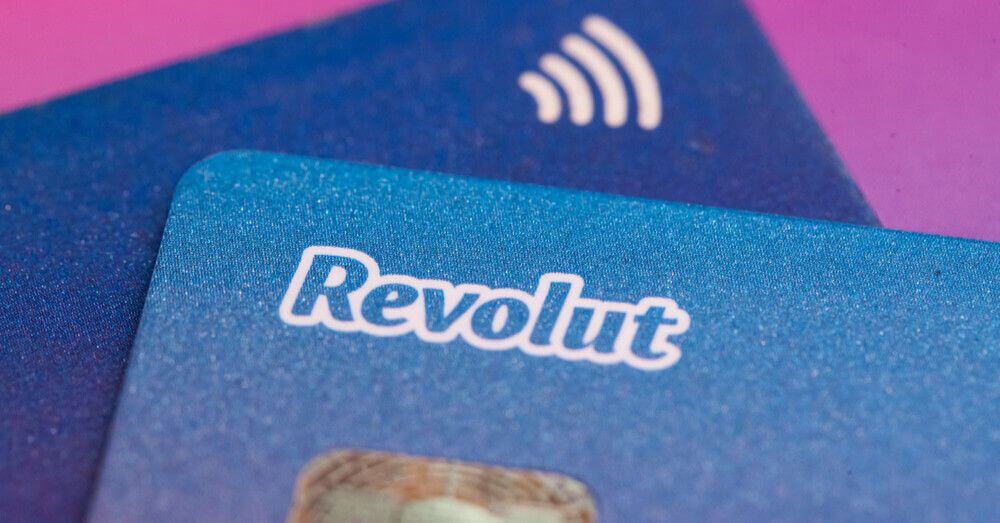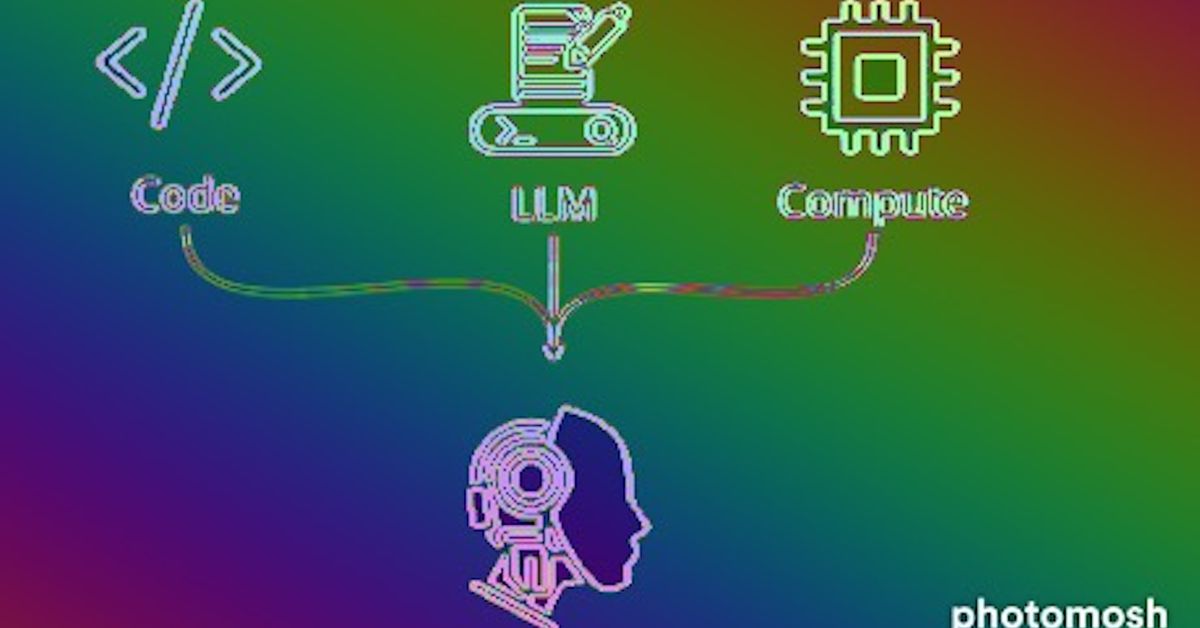Audius is a blockchain-based music streaming service that allows users to donate AUDIO tokens to musicians directly. It is operated by a fan, artist, and developer-led open-source community.
What is Audius?
Audius is a decentralized music streaming system that was first developed on the POA network and is currently based on Solana. Audius was founded to address the inefficiencies of the music industry, which are exacerbated by the lack of transparency surrounding music rights ownership and the presence of intermediaries between artists and their audiences.
Audius platform, which is powered by its native AUDIO currency, attempts to unite the interests of artists, fans, and node operators. Fans may listen to free music uploaded by artists, which is kept and disseminated through content and discovery nodes.
Audius now recognizes content producers by including them in weekly trending lists. It wants to include stablecoins for artists to offer paid music in the future, as well as artist tokens that allow fans access to unique content, maybe collaborating with other platforms.
Audius: roots and history
Roneil Rumburg and Forrest Browning, two entrepreneurs based in California, launched Audius in 2018. Roneil Rumburg is a Stanford University graduate who co-founded Kleiner Perkins and a seed fund focused on blockchain and artificial intelligence.
Forrest Browning, a Stanford alumnus, is a co-founder of StacksWare, an enterprise data center management software, and a Forbes 30 Under 30 honoree.
Deadmau5, a popular electronic music producer, Adam Goldberg, co-founder and MD of Stanford Crypto, and Bing Gordon, co-founder of EA Games, are among the team’s 21 other employees, who are backed by a whole slew of other recognizable names, including deadmau5, a popular electronic music producer, Adam Goldberg, co-founder and MD of Stanford Crypto, and Bing Gordon, co-founder of EA Games.
How does Audius work?
Artists, fans, content nodes, and discovery nodes are the four key actors in the Audius ecosystem.
Audius is a content ledger where artists may post their work. They may do so for free, and the music is streamed at 320kbps, which is equivalent to Spotify and Google Play Music’s standards.
There is no copyright protection due to Audius’ decentralized structure, yet the protocol is working on an arbitration mechanism that will be overseen by the community.
Artists may use Audius to try out new ideas or offer supplementary recordings, and the network promises to incorporate artist tokens to help with income if they stake AUDIO. Artists can also take part in incentive programs in which tokens are airdropped to the most popular artists.
Fans can listen to music for free and may be able to invest in AUDIO in the future to help artists flourish on the site. They may also use the network to display their validated NFTs and win other badges.
Material nodes keep content on AudSP, the platform-native extension to IPFS, available. Fan clients fetch the material, provide evidence, and request keys to content nodes, whereas an artist’s client elects a set of these nodes to do so automatically on the artist’s behalf.
Artists might also manage their own content nodes, giving them more control over how their work is distributed. For all acts on the protocol, the content ledger serves as a record and a single source of truth.
Why choose Audius?
Audius is seeking to pioneer a whole new way for artists and consumers to share music. AudioCoin removes the barriers to traditional music financing by connecting artists and fans directly over a transparent distributed ledger.
Because of the increased demand, Audius decided to switch to Solana. According to the team, Solana was selected for a variety of reasons. First and foremost, it is inexpensive, with 1 million transactions available for only $10.
Solana is also quick, with block timings of 400 milliseconds and confirmation times of less than one second. Finally, the mainnet of Solana is decentralized, with over 200 nodes. Staking and governance are still handled by Ethereum, and AUDIO is an ERC-20 token.
Solana is a layer one blockchain with partial Byzantine fault tolerance and a proof-of-stake consensus mechanism. It has 200 nodes throughout the world that can handle up to 50,000 transactions per second at its peak. To attain such outstanding performance, Solana employs a series of coordinated optimizations and processes transactions in a multi-threaded manner, distinguishing it from slower blockchains.
Audius uses blockchain technology to function in a decentralized way, which is one of the primary distinctions between Audius and other streaming systems. Artists and content makers may now share their music while maintaining more control over their work.
The co-founders claim that 90 percent of the platform’s earnings will go directly to the artists. Audius allows musicians to receive a more appropriate wage as compared to the traditional music industry, where just 12% goes to the artists.
Another distinction is that Audius incorporates AUDIO token holders, whether they are artists or fans, in the network’s decision-making process. They get one vote to participate in the protocol’s governance if they have one AUDIO token. They may vote for or against any suggested platform modifications, which is something we do not see on other music streaming platforms.







